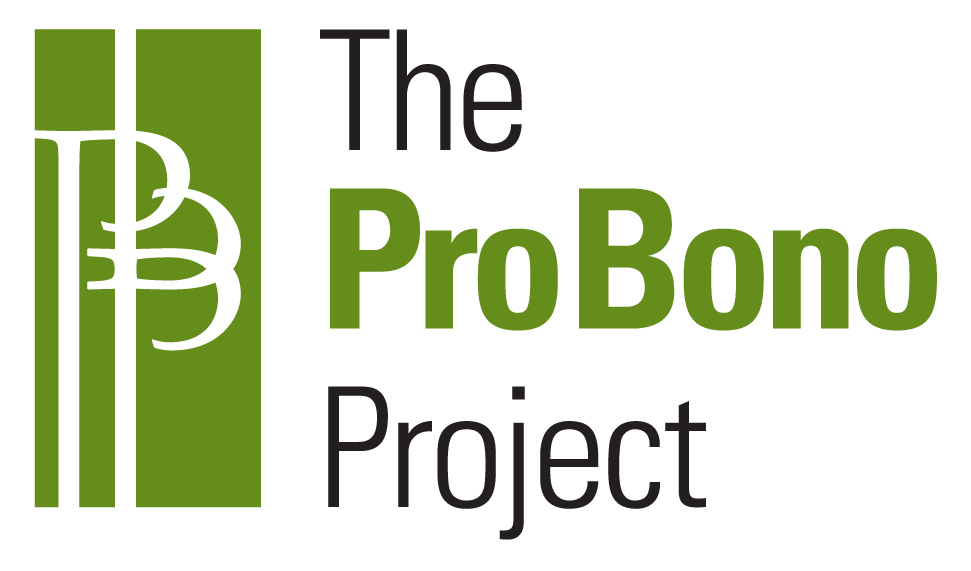Self-Help Resource Centers (SHRC) - Bankruptcy
What is a Self-Help Resource Center?
A Self-Help Resource Center is a place where you can find helpful information and services about your legal problem if you are not represented by an attorney. Legal information includes court forms and tools to help you complete court forms, answers to general questions about court process or procedure, and help preparing for your day in court.
What is bankruptcy and what court has jurisdiction over bankruptcy?
Bankruptcy is a set of federal laws and rules that can help individuals and businesses who owe more debt than they can pay. Bankruptcy laws help people who can no longer pay their creditors get a fresh start by liquidating their assets to pay their debts, or by creating a repayment plan.
Federal courts have exclusive jurisdiction over bankruptcy cases. This means that a bankruptcy case cannot be filed in a state court. For additional information on the basics of bankruptcy law, please consult the U.S. Bankruptcy Court - EDLA’s website.
Six basic types of bankruptcy cases are provided for under the Bankruptcy Code. The cases are traditionally given the names of the chapters that describe them. To learn more about them, consult the U.S. Courts website.
How can the Self-Help Resource Center at U.S. Bankruptcy Court - Eastern District of Louisiana help?
In federal bankruptcy court, self-represented filers often file for Chapter 7 or Chapter 13 bankruptcy protection.
The Pro Bono Project operates a SHRC at U.S. Bankruptcy Court in the Eastern District of Louisiana to assist self-represented filers with the completion of bankruptcy petitions and schedules, to help guide filers through the court’s new Electronic Self-Representation (eSR) system, and to help visitors, before they file, receive information on referrals for attorneys or other legal resources.
What are the hours of operation of the Self-Help Resource Center?
Due to the pandemic, the Self-Help Resource Center is working remotely - answering questions by phone and email. On the first Friday of each month from 9 a.m. until 12 noon, volunteers are available via a telephone hotline (504-581-4043) to provide information and to assist filers.
What is not provided to SHRC visitors?
Volunteers do not provide legal advice or representation.
The Pro Bono Project will not answer questions about content or how it may pertain to an individual case, except as required by law. Those seeking guidance concerning a legal action should consult with an attorney.
Special thanks to the American College of Bankruptcy Foundation for supporting this work.
Managing Your Finances | Reaching Your Financial Goals
The Consumer Financial Protection Bureau, a federal government agency, offers a suite of financial empowerment tools and resources to help empower people to take control over their financial lives. Information and tools can be found at Your Money, Your Goals webpage.
Topics include setting SMART goals, credit reports, managing debt, how to respond to a debt collector, cash flow budgeting, how to choose financial services and how to protect your money. These are available on the website as well as in print for free from GPO (the links are on the webpages). There are individual tools available in digital format that may be helpful to link directly to.
The CFPB has trained more than 35,000 frontline staff. In using these tools, which people have integrated into their social services, legal aid, financial services, etc. programs. In addition, the CFPB developed a financial well-being scale (FWB) to help individuals and organizations measure financial well-being. It is an easy to use, tested, validated and reliable scale that provides a numerical score, and is also available on the website. The FWB questionnaire, available in mobile format as well, can be filled out very quickly.
Please contact yourmoneyyourgoals@cfpb.gov or mary.griffin@cfpb.gov for more information.
About This Page
TERMS AND CONDITIONS OF USE
The following is informational only. The Pro Bono Project is not providing legal advice to the public. The following information, including all files and hyperlinks therein contained, are guides for self-represented litigants. It is not legal advice and should not be considered as legal advice.
The Pro Bono Project will not answer questions about content or how it may pertain to an individual case, except as required by law. Those seeking guidance concerning a legal action should consult with an attorney.
This information does not, is not intended to, shall not be construed to, and may not be relied upon to create or to limit any rights, substantive or procedural, enforceable at law by any party in any matter, civil or criminal. Do not cite this material in filings with any Court; cite the applicable rules and law.
Warning to Incarcerated or Detained Persons: Please note that some parts of this information will not apply to actions filed by incarcerated or detained persons. Detained litigants are often required to comply with different statutes and Court rules. These rules may include—but are not limited to—the use of Court-approved forms where applicable and the exhaustion of administrative remedies prior to filing suit.

